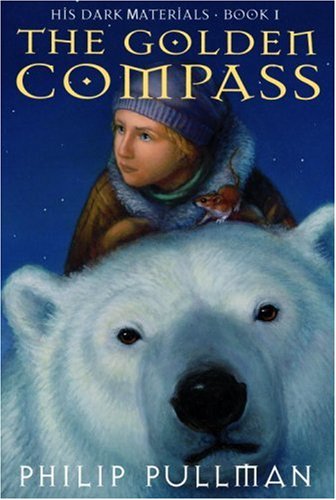
Pearson, Mary E. The Miles Between. New York: Henry Holt, 2009. 272 pages.
I first came across Mary Pearson’s novel The Miles Between on a library’s webpage listing the Best New Books for Teens. I recognized Mary Pearson’s name from reading Scribbler of Dreams in middle school and remembered loving the manner in which she developed her stories, using figurative language and imagery with characters that were heartbreakingly beautiful. I was a little worried that this next book would not be as amazing, but The Miles Between definitely delivered, transplanting the reader to a world that is believable but still extraordinary. It tells a story that I think high school students at Brown Summer High School would enjoy—a little bit of mystery, a little bit of angst, a lot about friendship and the connection you make or choose to make with the people that come through your life.
Seventeen-year-old Destiny Faraday has been shipped from boarding school to boarding school since she was seven years old, so she has learned to keep people at a distance and not to make friends. Her entire outlook on life is slightly skewed to the fact that her relationship with her family has been virtually nonexistent since she was put into boarding school. For much of the beginning of the novel the reader is perplexed over why there is a rift between her and her family. The novel’s first person narration from Destiny’s perspective doesn’t make it much easier; but Pearson writes in such a way that the reader is hooked with curiosity and to be extra perceptive to details when Destiny does reveal things about her life.
Even though she strives to be unattached to those around her, Destiny notices that being at Hedgebrook Academy has brought about a change how she interacts with those around her, and again she reflects upon her failed relationship with her family. These thoughts are amplified because of the date of this specific day, October 19th, the anniversary of the day that her life changed, and Destiny wishes that she could have “just one fair day”. A series of strange events, such as finding a car with the engine running, enable Destiny and three of her classmates Seth, Mira, and Aidan to set off on an “unauthorized field trip” in search of the “one fair day” where the good guys win and good things happen to good people. With Seth at the wheel of the “borrowed” car, Destiny discreetly directs their trip in the direction of Langdon, a two-hour drive from Hedgebrook, but more importantly, the town of her parents’ home which she hadn’t seen since she first left for boarding school. On the way, the four not-quite-friends bond over the serendipitous events that cross their paths, their friendship growing rapidly as they share their secrets, even Destiny is inspired to confess at least part of her greatest secret.
Using this book in a classroom could foster really meaningful discussions among students about how people interact with one another. The major themes in The Miles Between include not only friendship, family, and relationships, but the conflict between public and private identity, a conflict that so many teenagers are going through during this time. Going along with this would be the theme of confidentiality, such as what information about oneself should be disclosed or what should be kept a secret—that could be somewhat sensitive to a group of teenagers, but a very universal topic that could elicit great insight from them. Something that I thought could be a fun activity with some academic potential is for students to create their own “fair day” and what that would entail. As mentioned before Pearson writes in such a way that the figurative language add so much to the setting as well as the development of the characters as well as their relationships with one another.
The Miles Between will bring readers on a journey of convoluted connections with a little bit of magic. The writing flows well, and is easy to read in that sense, but the nature of the content being so ambiguous at times offers readers the chance to attempt to piece together the complete picture. At the end of the novel, the readers will be thrown for a big twist, and the pieces will not only make sense, but readers will appreciate the profoundness with which Pearson crafted this story and the depth of the characters and the plot. This novel has the potential to appeal to many different kinds of teenagers, even though the narrator is female, it is definitely not a female-specific book. The twist in the book really is a big surprise, and may be very emotional for those who have lost loved ones before and had to deal with coping afterwards, so a teacher planning to use this book in class should be aware if any of his/her students has had to deal with these kind of issues as they are central to the book. Otherwise, I confidently recommend this book for BSHS because of its vibrant characters, its ability to relate to high school readers, and the major issues of identity, relationships, and loss that are addressed in the novel.





